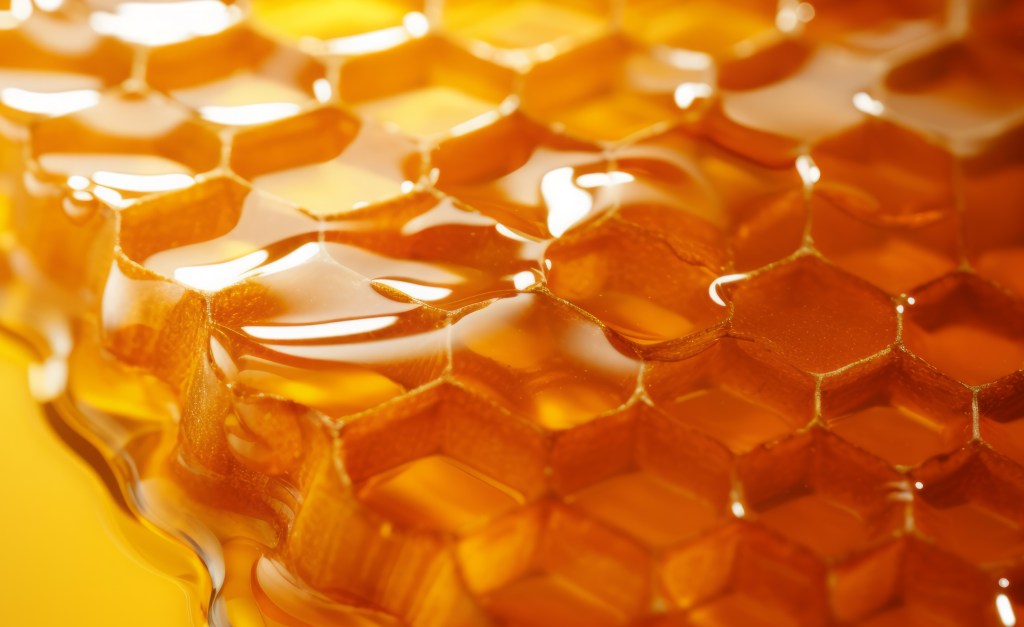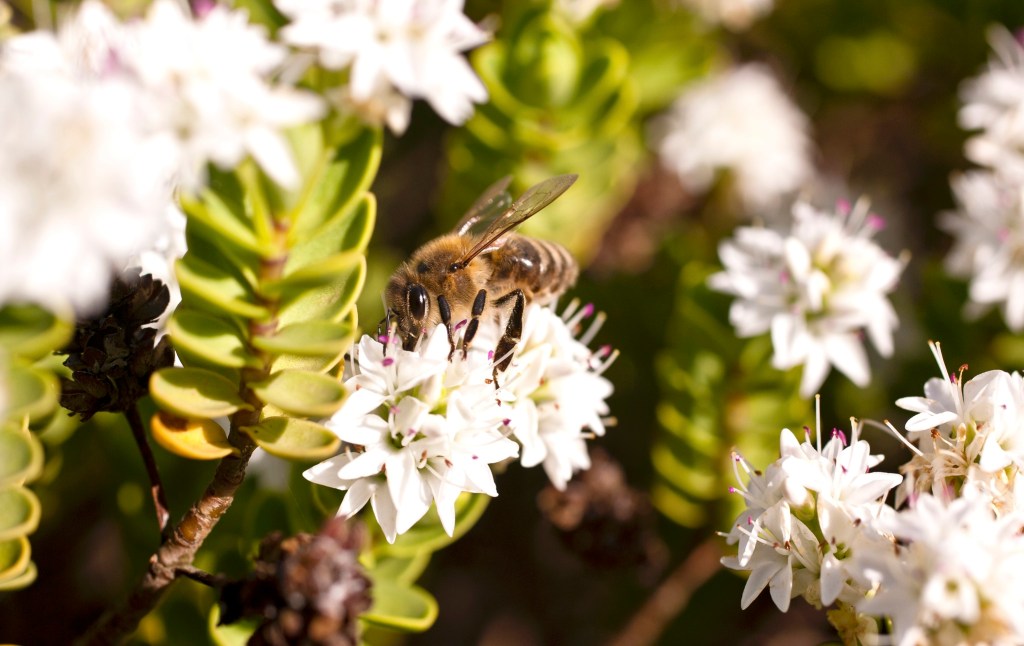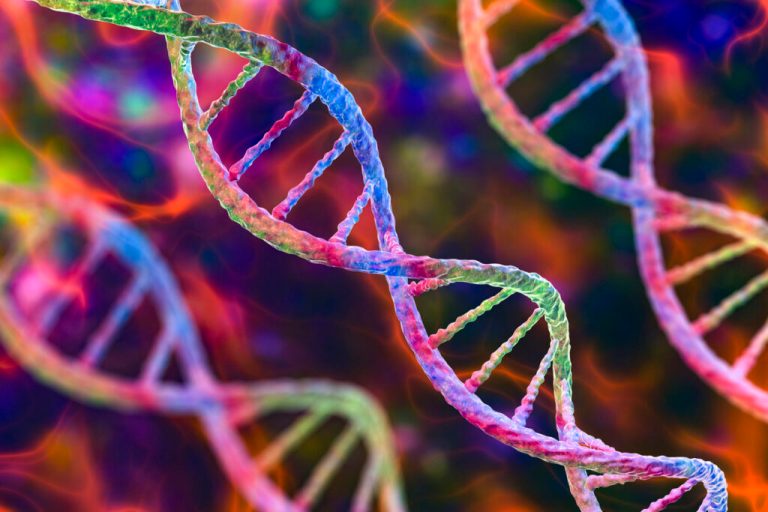In addition to sweetening tea, manuka honey has long been valued for its health benefits. Due to its antibacterial and anti-inflammatory properties, the substance may help heal wounds, reduce acne, improve oral health, and more. And now, a new study out of UCLA has pinpointed another exciting application: treating a common type of breast cancer.
Researchers conducted preclinical experiments and found that oral administration of manuka honey significantly reduced tumor growth by 84% in mice with estrogen receptor-positive breast cancer cells, or ER-positive breast cancer cell, without affecting healthy cells. ER-positive breast cancer means the tumors grow in response to the hormone estrogen, and it comprises around 80% of all hormone receptor-positive cases.
“The findings provide hope for development of a natural, less toxic alternative to traditional chemotherapy,” said first author Dr. Diana Marquez-Garban. “Although more research is necessary to fully understand the benefits of natural compounds in cancer therapy, this study establishes a strong foundation for further exploration in this area.”
Produced by bees who feed on the flowers of the New Zealand manuka bush, manuka honey is rich in compounds like flavonoids, phytochemicals, complex carbohydrates, vitamins, amino acids, and minerals. Those compounds have previously proven effective in inhibiting pathways that activate tumor growth.

For the study, published in the open access journal Nutrients, scientists investigated the impact of orally administering manuka honey in mice that had been injected with ER-positive breast cancer cells, as well as applying it to human breast cancer cells that represented two of the most common types of the disease.
They found the honey not only inhibited tumor growth in mice but also resulted in cell death of ER-positive breast cancer cells in the human samples. The team also noted that when honey was used in combination with tamoxifen, it enhanced the drug’s antitumor action. The authors theorize that one mechanism of the honey is to block estrogen receptors.
Because estrogen causes tumors to grow in ER-positive breast cancer patients, they often take estrogen-blocking drugs. But notwithstanding future research, the honey may eventually be used as a standalone treatment for patients not responding to traditional drugs or being affected by harsh side effects.
Furthermore, the authors note that, during in vitro human cell testing, the honey also “provoked a significant 75% reduction” in the cell growth of a type of lung cancer and in a type of pancreatic cancer.
They added: “These findings indicate that natural compounds such as Manuka honey, with significant antitumor activity and selectivity towards hormone receptor-positive breast cancers, may be further developed as a supplement or potential alternative to cytotoxic anticancer drugs that have more non-selective adverse effects.”











